Dr Aoife Doyle, Lead Pathologist of Cervical Cytology at the National Cervical Screening Laboratory,
speaks to Niamh Quinlan about developing and growing the service
Dr Gabriel Scally’s final review of the implementation of the CervicalCheck scoping inquiry recommendations was published in November 2022.
During the same month, Dr Aoife Doyle took up the role of Lead Pathologist of Cervical Cytology in the new National Cervical Screening Laboratory (NCSL) at the Coombe Hospital in Dublin. Processing of CervicalCheck samples also resumed at the Coombe in December.
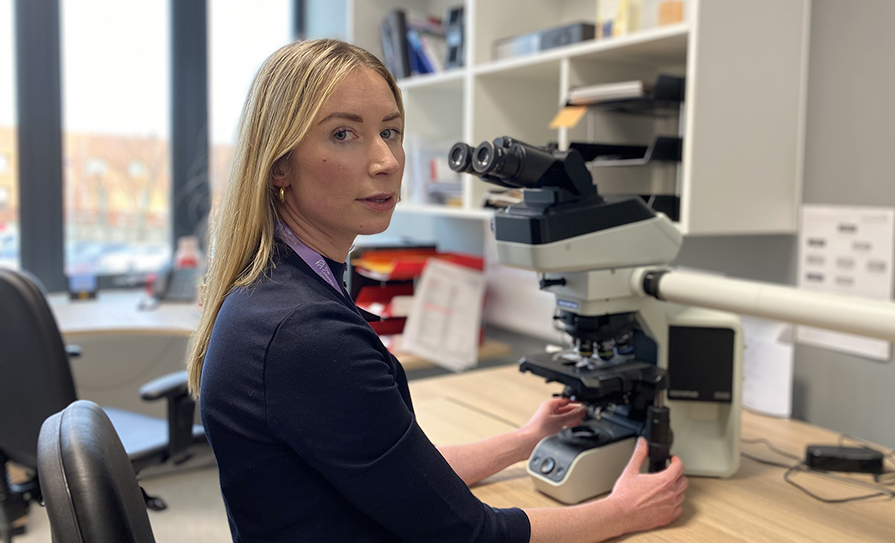
According to Dr Scally’s final review, activity at the Coombe was initially paused due to a cyberattack on the hospital in December 2021.
It had also been affected by the “critical loss” of cytopathologist staff due to retirement and long-term sickness absence. The hospital informed the review that the issues associated with sickness absence no longer applied and there had been engagement with and recruitment of cytopathologists.
In 2018 a strategic decision was made (arising from recommendations of Dr Scally’s first report) to develop a NCSL in conjunction with the Coombe. It is intended that the new NCSL will be a national centre of excellence for cervical screening.
The bespoke laboratory, which began processing samples in December 2022, incorporates accommodation over four floors providing cytology, HPV testing, training, audit, and research facilities. The laboratory is designed to become the principal provider of cervical screening laboratory services for the National Screening Service.
Dr Doyle is a Consultant Histopathologist with a specialist interest in cervical cytology. She was appointed as consultant to the Coombe and NCSL in January 2021.
At the time of Dr Scally’s review (the review team visited the Coombe in August 2022) the requirements of the role of lead pathologist were not met by any member of staff at the Coombe. The report described the role as “critically important to assuring the quality of the cytology element of the new pathway” (HPV primary screening with cytology triage).
Dr Doyle obtained her certificate of higher cervical cytology training from the Royal College of Pathologists, UK, in October 2021 while on maternity leave. Her appointment as Lead Pathologist was a significant step forward for the NCSL.
The new NCSL
Dr Doyle hopes that having a national laboratory will be a reassurance for women using CervicalCheck.
Cervical cytology is a “specialised skill and to be able to provide that on Irish soil… and as a woman who uses the service myself as well, I think that’s what people want”.
Currently, the Quest Diagnostics laboratory service in the US is still taking most of the national workload. Dr Doyle hopes that the NCSL will become the primary provider of laboratory services for the national cervical screening programme within five years.
However, a key factor is workforce planning, recruitment to key roles and resilience.
She also noted that Dr Scally stated there will always be a need for a second laboratory for resilience in the service.
Dr Doyle said: “We need to ensure that the workloads that we take on can be managed…. We’d all love to see everything here, day one, but that can’t happen safely. This needs to be done correctly and not quickly.”
The NCSL is also working with international experts from cervical screening programmes in other countries. Dr Doyle said “strong links” have been established with programmes including the NHS cervical screening programme and training centres, such as the North of England Pathology and Screening Education Centre.
She added: “We always have learned from other countries and from our international colleagues, because we’re all a team in this, we’re all trying to do the best for the patients under our care. And there’s so much to learn from established systems.”
Resilience
The NCSL is currently in the process of “ramping up” its workforce to get the laboratory functioning at full capacity.
Dr Doyle told the Medical Independent: “This service can’t be reliant on any one person. I cannot be indispensable; there needs to be other people who are able to provide the service to ensure that women will always have the service that they require.”
In the cytology screening laboratory, there are currently 6.5 whole-time equivalent (WTE) screening scientists.
“In and around 16-to-18 [WTEs] ultimately would be the number that we would need to provide the majority of the service to the country,” according to Dr Doyle. Another consultant histopathologist has also been recruited to the lab.
As part of this workforce planning, the NCSL focuses on training within the laboratory to ensure “resilience longer term”.
Dr Doyle hopes the work done at the NCSL will “inspire trainees to at least consider entering into a role in this laboratory”. An in-person histopathology study day, held in January 2023, was a recent event to help generate such interest. Training in cervical cytology has been reintroduced to the histopathology curriculum in the RCPI Faculty of Pathology.
Recently, Dr Doyle secured a second specialist registrar post in the NCSL, which she described as a “great step forward”.
“We’re going to have two trainees within the histopathology scheme that are rotating through the national cervical screening lab, meaning that we’re exposing doctors at an earlier stage to cervical cytology and hopefully piquing their interest to continue.”
Dr Doyle also acknowledged the possible reluctance by some to join the NCSL workforce for a “variety of reasons”.
She added: “I think probably one of the [reasons for] reluctance that maybe people have – given everything that has happened – is the scrutiny that will be on this lab. And absolutely, there will be scrutiny on this lab. But I welcome scrutiny…. Because it’s only through scrutiny that the public can have the trust that they need to have and the transparency that we should be providing to them in delivering our service.”
It’s only through scrutiny that
the public can have the
trust that they need to have
Quality assurance
Quality assurance is an area of the “highest priority” in laboratory medicine, according to Dr Doyle.
Quality checks take place at each step of the screening process from specimen reception, where each specimen is ‘booked’ into the lab and then double-checked by a second secretary, to the final stage of examination.
Dr Doyle said: “One of my main goals is ensuring that at every step of the way, we are thinking about quality assurance for the patients under our care.”
She continued: “Quality assurance will always be at the forefront of the service that we provide…. With robust quality assurance processes, which are based on the… European guidance for quality assurance in cervical cytology and CervicalCheck quality assurance standards, we can reduce false negatives to the lowest acceptable level that’s comparable with our international peers.”
The final Scally review stated there was now an excellent system of quality assurance for laboratory service provision in place, with a robust operating procedure developed by a quality assurance steering committee with international and national expertise.
However, at the time of the review, some quality assurance issues highlighted as “non-compliances” remained unresolved. These issues included access to IT and workforce recruitment, such as the recruitment of a second medically qualified consultant. According to Dr Doyle, these issues have been resolved since she took up her role.
She added: “My priority is to ensure that we meet the quality assurance standards to the best of our ability at every level so that people can have confidence in the service that we’re providing in the NCSL.”
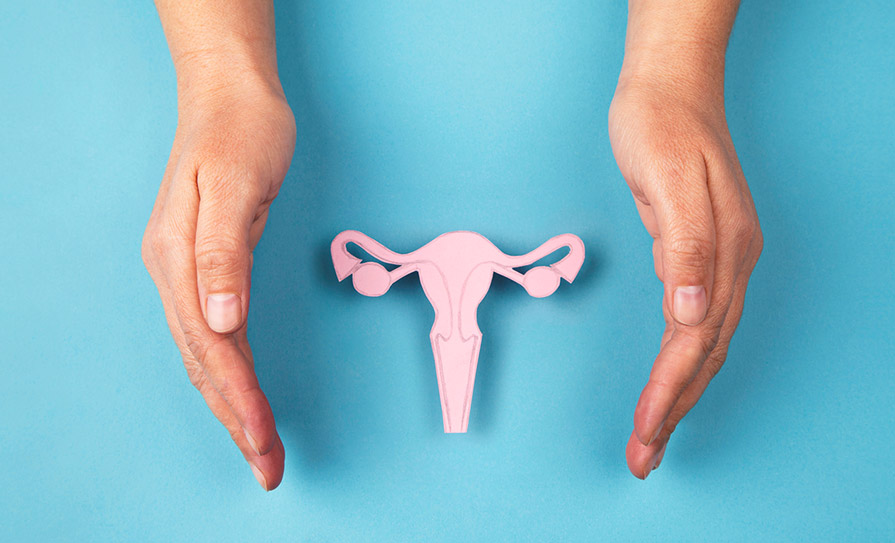
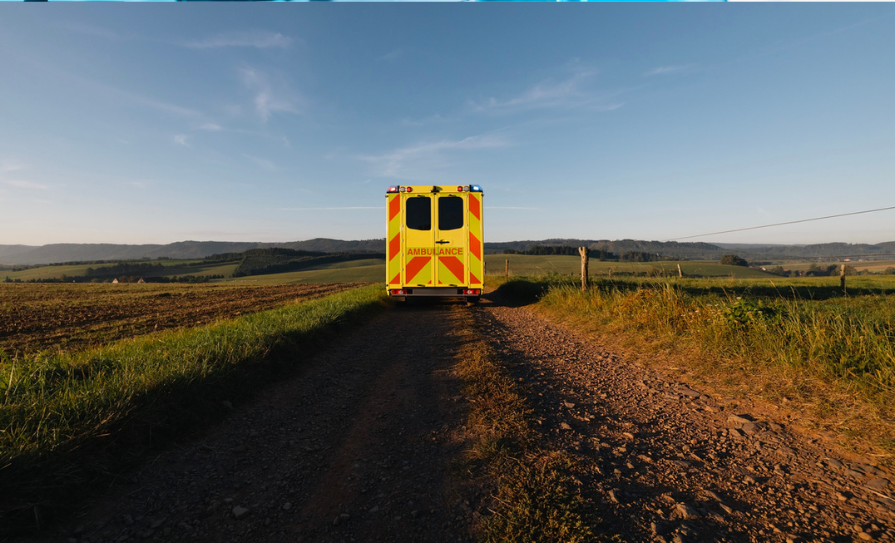
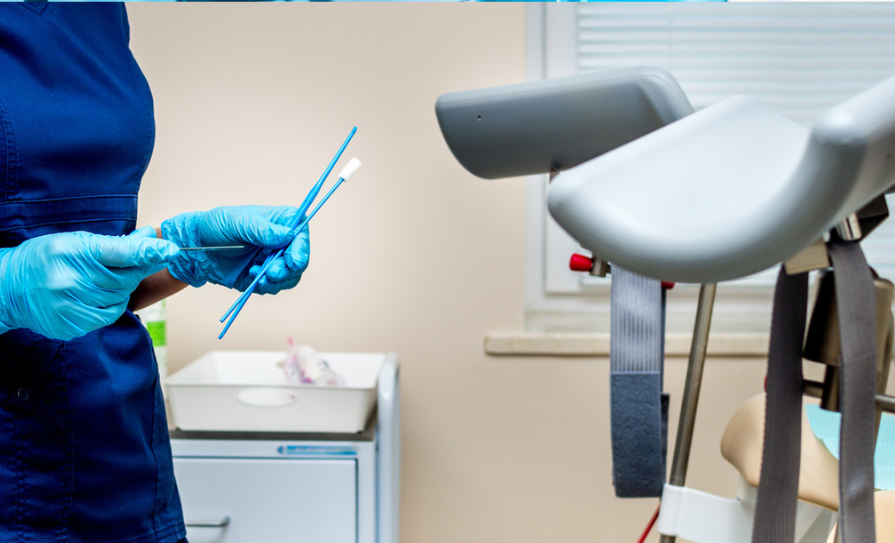
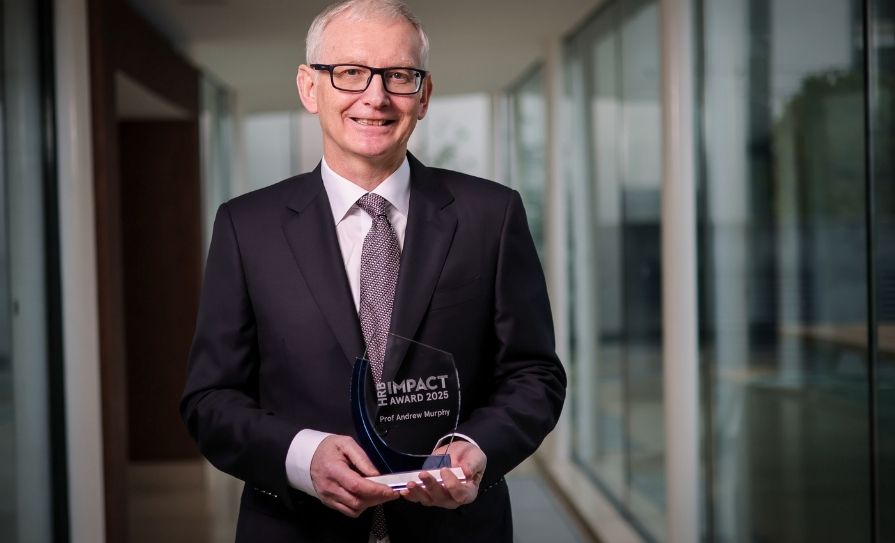









Leave a Reply
You must be logged in to post a comment.